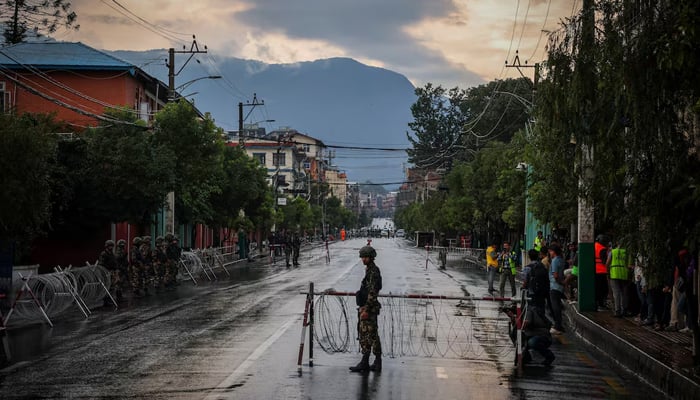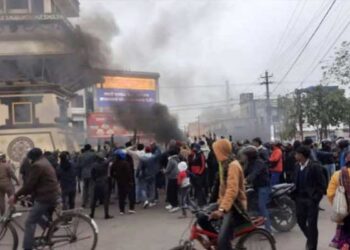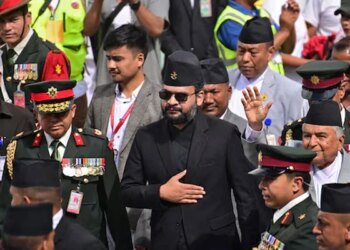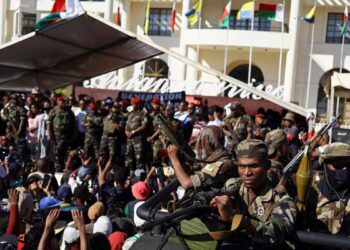Select Language:
Nepal’s President Ramchandra Paudel announced the dissolution of the parliament and scheduled new elections for March 5, 2026, following a week marked by deadly violence. The unrest reached a turning point when the country appointed its first female interim prime minister, Sushila Karki, after Prime Minister KP Sharma Oli resigned amid anti-corruption protests.
The president’s decision was made shortly after Karki’s appointment, which came after intense negotiations involving Paudel, military leader Ashok Raj Sigdel, and protest organizers responsible for Nepal’s most significant upheaval in years, resulting in at least 51 deaths and over 1,300 injuries.
India expressed hope that these political developments would promote peace and stability in Nepal. Prime Minister Narendra Modi extended congratulations to Sushila Karki on her new role, emphasizing India’s commitment to Nepal’s progress and prosperity.
The protests initially erupted over a social media ban, which was eventually lifted, leading to a reduction in violence following Oli’s resignation. Since abolishing the monarchy in 2008, Nepal has been battling political and economic instability, with high unemployment pushing many young people to seek work abroad in regions like the Middle East, South Korea, and Malaysia.
Today, stability is gradually returning with reopened shops, resumed traffic, and police replacing guns with batons. The nation of 30 million, nestled between China and India, is inching toward normalcy as political upheaval subsides.







